Table of contents
- What Is THCA and How Does It Differ from THC?
- What Are the Potential Health Benefits of THCA?
- What Are the Potential Risks of Smoking THCA?
- Is THCA Flower Worth Smoking?
- Is THCA Legal to Smoke?
- How to Consume THCA Safely
- What Does Science Say About THCA?
- When Should You Avoid Smoking THCA?
- Conclusion: Is Smoking THCA Safe?
- Works Cited
Many people wonder: is THCA safe to smoke? With the growing popularity of smoking THCA flower, it’s important to separate fact from assumption. THCA, or tetrahydrocannabinolic acid, has been attracting attention for its potential therapeutic benefits and non-psychoactive nature. However, when heated, THCA converts into THC — which produces psychoactive effects.
This article will explore whether smoking THCA is safe, its potential benefits, legal status, and how to consume THCA safely.
What Is THCA and How Does It Differ from THC?
What is tetrahydrocannabinolic acid (THCA)?
- THCA is a non psychoactive compound found naturally in fresh cannabis plants.
- In its raw form, it does not cause a high.
- When heating THCA, through smoking or vaping, it converts into THC — the psychoactive compound responsible for cannabis’s well-known effects.
- This conversion, called decarboxylation, explains why smoking THCA can still produce intoxication even though the raw form is not psychoactive.
How does THCA differ from THC?
|
Aspect |
THCA (Unheated) |
THC (Heated) |
|
Psychoactivity |
Non psychoactive |
Produces psychoactive effects |
|
State |
Raw cannabis compound |
Converted compound after heating |
|
Legality |
Often federally legal in hemp form |
Regulated or restricted in many areas |
|
Health focus |
May offer anti inflammatory and neuroprotective effects |
Primarily recreational or medical use |
|
Conversion |
Converts into THC when heated |
Already psychoactive |
In essence, THCA can be seen as the precursor to THC. When consumed raw, it remains mild; when smoked, it becomes psychoactive.
What Are the Potential Health Benefits of THCA?
Although research is still ongoing, scientists have noted several potential therapeutic benefits of THCA in its raw form:
- Anti inflammatory properties that may support joint and tissue health
- Neuroprotective effects that could protect nerve cells and promote cellular health
- Potential support for chronic pain management
- Possible benefits for inflammatory bowel disease and other inflammation-related conditions
These effects come from early lab and animal studies, and results can vary widely. Human studies are still limited, but the findings are encouraging.
If you’re interested in exploring THCA products designed for relaxation or wellness, Canapuff offers several curated options under its bestseller collection and for relax collection.
What Are the Potential Risks of Smoking THCA?
While THCA may be natural and found in hemp flower, smoking it introduces potential health risks, similar to other cannabis products.
Key concerns include:
- Respiratory irritation
-
-
Any smoke, even from hemp-derived cannabis products, may introduce harmful substances like tar or carbon monoxide.
-
-
Conversion to THC
-
When smoking THCA, the heat converts it into psychoactive THC, which may lead to effects you did not intend.
-
-
Adverse effects
-
Anxiety, dizziness, or cognitive impairment can occur if THCA fully converts.
-
-
Positive drug test
-
Conversion to THC can result in a positive drug test, even if the product was marketed as “non psychoactive.”
-
-
Underlying health conditions
-
People with heart, lung, or mental health issues should be cautious and seek medical advice before using.
-
-
Unknown long-term data
-
Because thca research is still limited, there are many unknowns regarding chronic use or cumulative exposure.
-
If you choose to smoke, always minimize potential risks by using lab-tested and reputable sources, like products available through Canapuff.
Is THCA Flower Worth Smoking?
Is thca flower safe or beneficial?
Some users find thca flower worth smoking because it delivers similar effects to traditional cannabis while remaining federally legal under certain hemp laws. However, the safety profile largely depends on product quality and how it’s used.
Advantages:
- Offers potential therapeutic benefits of THCA and THC combined
- May be hemp-derived, making it more accessible under current laws
- Smooth, aromatic experience for those who prefer natural options
Drawbacks:
- Heating THCA eliminates its non psychoactive nature
- Risk of irritation or lung discomfort
- Uncertain dosage and conversion rate
If you want to experiment with hemp flower or thca hemp flower, ensure you buy from verified sources. Canapuff provides premium thca products through its psychoactive cannabinoids collection.
Is THCA Legal to Smoke?
Understanding THCA’s legal status
The legality of THCA depends on how and where it’s sold and consumed.
- Federally legal when derived from hemp flower containing less than 0.3% delta-9 THC by dry weight.
- Local laws vary — some regions have restricted or banned THCA, citing its conversion to THC when smoked.
- Legal definitions often hinge on whether the THCA product can produce psychoactive effects once heated.
Before purchasing or using THCA, always confirm local laws and avoid assuming that “hemp-derived” automatically means safe or permitted.
How to Consume THCA Safely
If you decide to try smoking THCA, follow these guidelines to consume THCA safely and reduce health concerns:
- Use high-quality, third-party-tested products
- Avoid mixing with tobacco or other additives
- Vaporizing THCA at lower temperatures can reduce harmful smoke exposure
- Stay hydrated and take breaks between sessions
- Avoid smoking if you have underlying health conditions
- Always seek medical advice if unsure about dosage or safety
If you prefer not to smoke, you can also explore alternative THCA consumption methods such as THCA tinctures or raw cannabis preparations that keep THCA intact.
For those who wish to explore more options, check out Canapuff’s kratom collection or nicotine vape collection — designed for different wellness goals.
What Does Science Say About THCA?
Current thca research suggests that this non psychoactive cannabinoid may play a significant role in anti inflammatory and neuroprotective pathways. Laboratory and early animal studies show THCA may:
- Reduce inflammation markers
- Support neuron survival
- Influence serotonin signaling
- Offer antioxidant protection to cells
However, because most studies use unheated cannabis plants, results may not apply to smoking THCA, which converts into psychoactive THC.
In other words, THCA’s potential benefits might be strongest in its raw form, not necessarily after smoking.
When Should You Avoid Smoking THCA?
Avoid smoking THCA if you:
- Have heart or lung disease
- Are pregnant or breastfeeding
- Take medications that thca interact with
- Have a history of anxiety or psychosis
- Are subject to workplace drug testing
These populations face higher potential health risks, and smoking could worsen pre-existing conditions or cause unwanted adverse effects.
Conclusion: Is Smoking THCA Safe?
So, is THCA safe to smoke?
The answer depends on what you mean by “safe.” In its raw form, THCA is non psychoactive and shows potential health benefits, but when heated, it becomes psychoactive THC — introducing known cannabis-related risks.
While THCA flower can be federally legal in hemp form, its safety when smoked is not fully understood. Anyone considering smoking THCA flower should evaluate product quality, understand potential risks, and seek medical advice before use.
If you want to explore high-quality THCA products while staying informed, visit Canapuff — your trusted source for hemp-derived cannabis products and expert guidance on safe THCA consumption.
Works Cited
“Affinity and Efficacy Studies of Tetrahydrocannabinolic Acid A at Human CB₁ and CB₂ Receptors.” National Center for Biotechnology Information (NCBI), U.S. National Library of Medicine.
“Cannabis (Marijuana).” National Institute on Drug Abuse (NIDA), U.S. Department of Health and Human Services.
“Cannabis Vaping: Understanding the Health Risks.” National Institutes of Health (NIH).
“Tetrahydrocannabinolic Acid.” Wikipedia, Wikimedia Foundation.
“THCA Information and Product Education.” Canapuff, https://www.canapuff.com/.




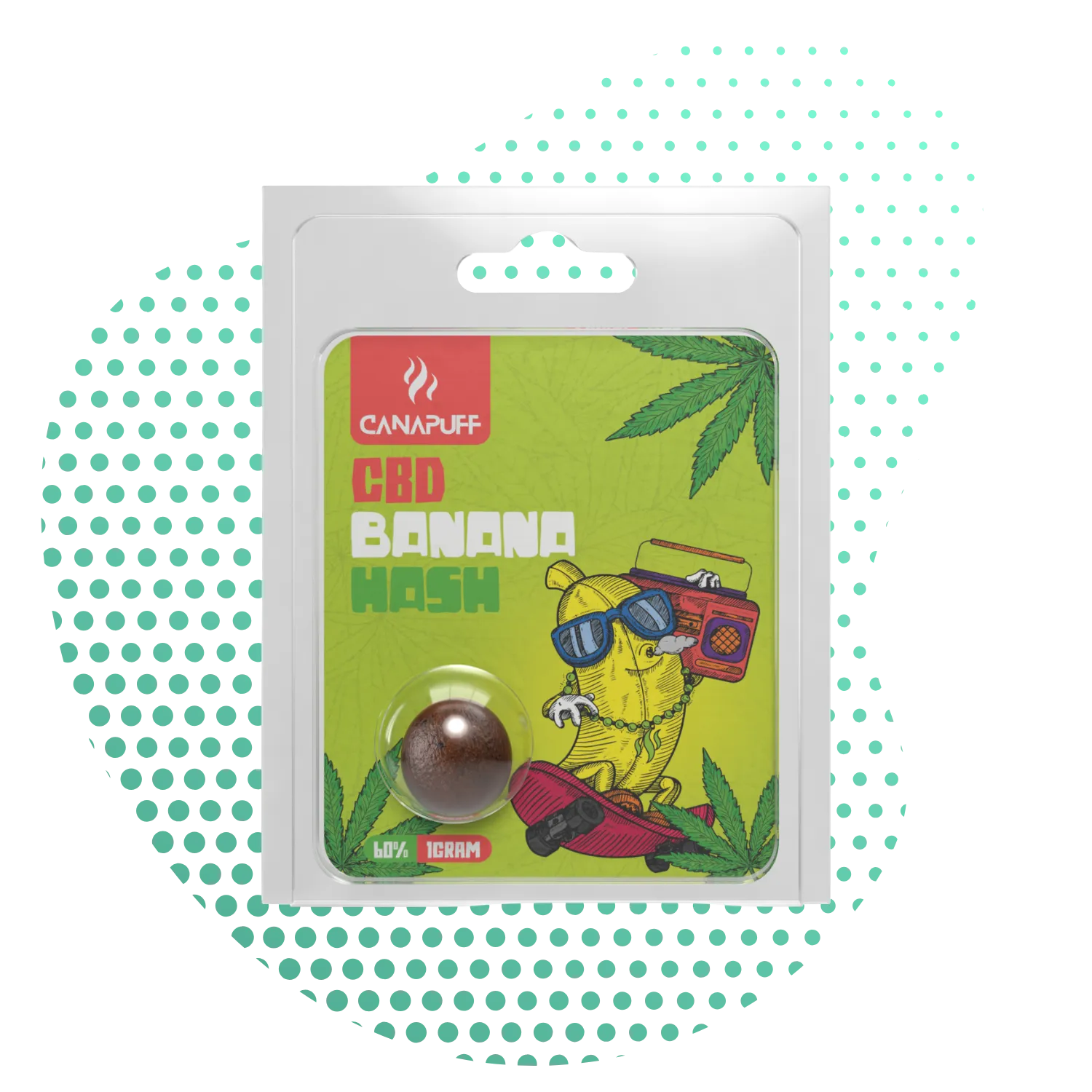

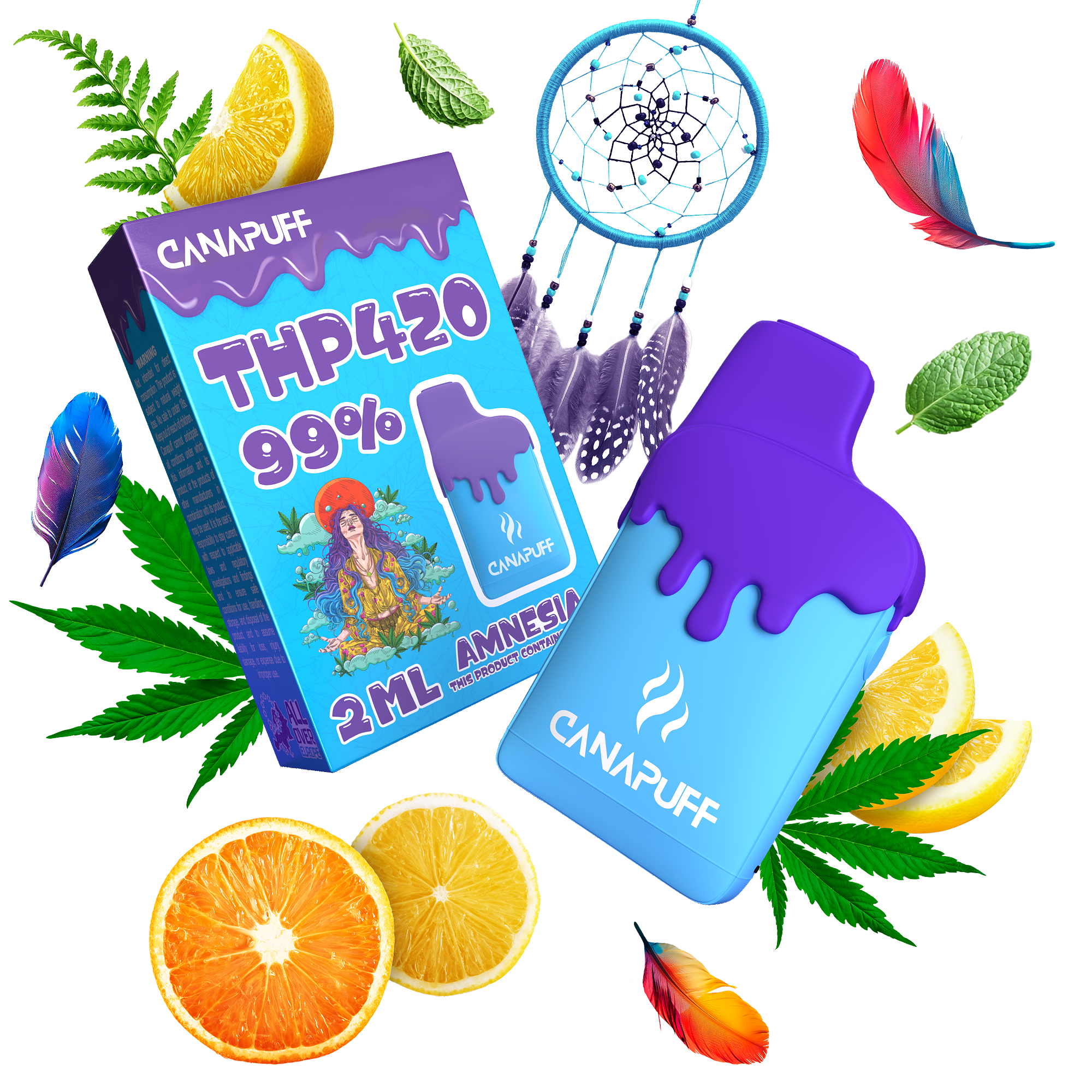
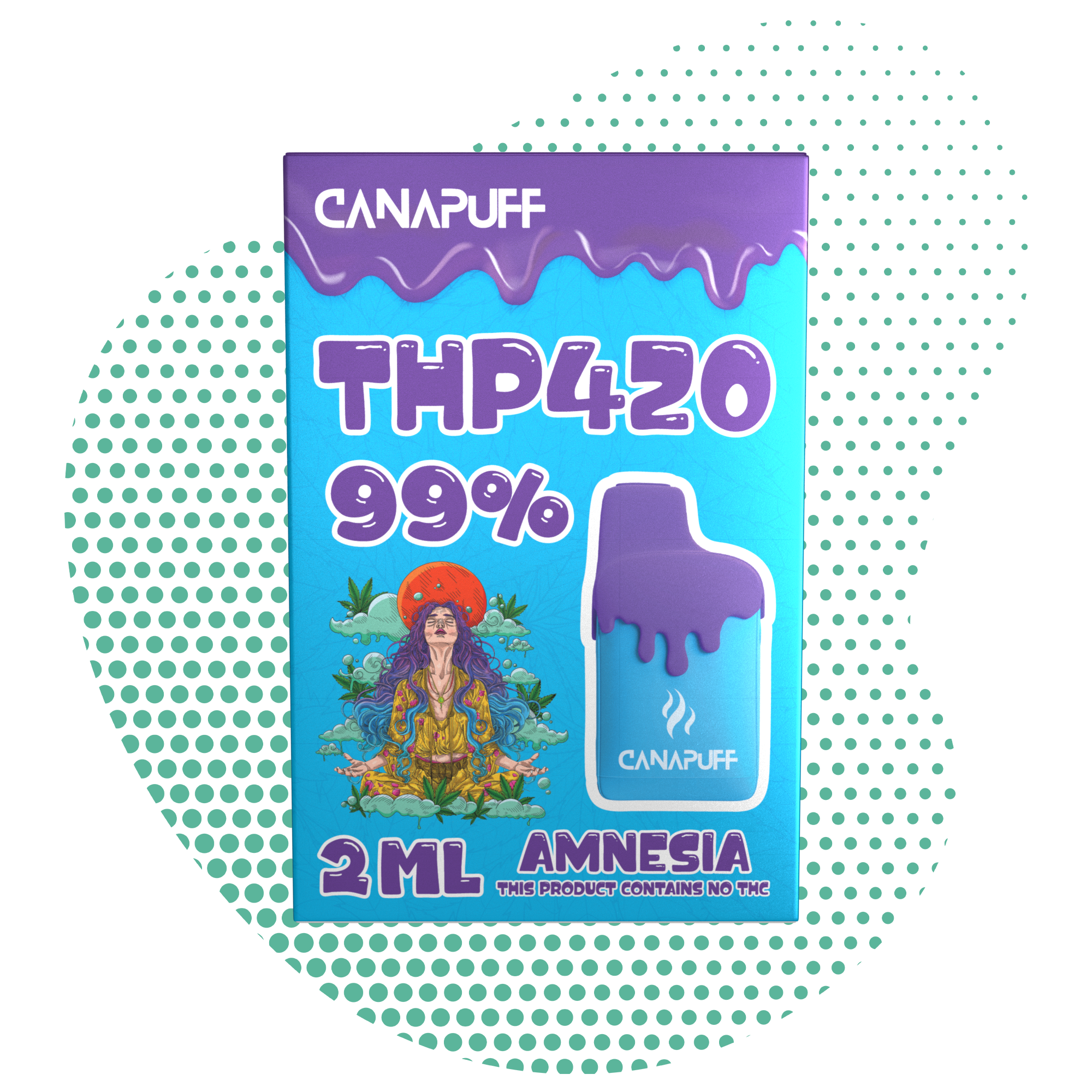
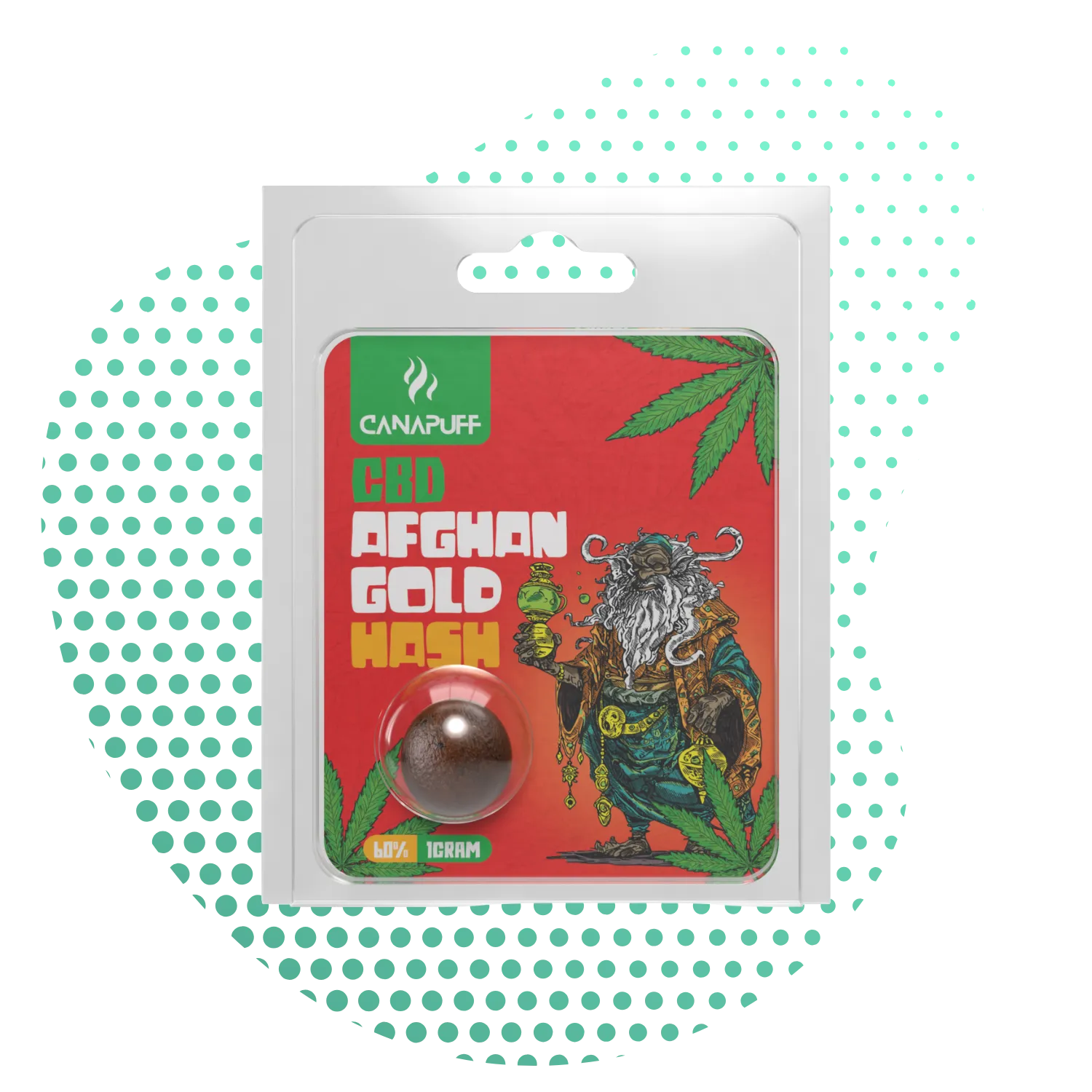
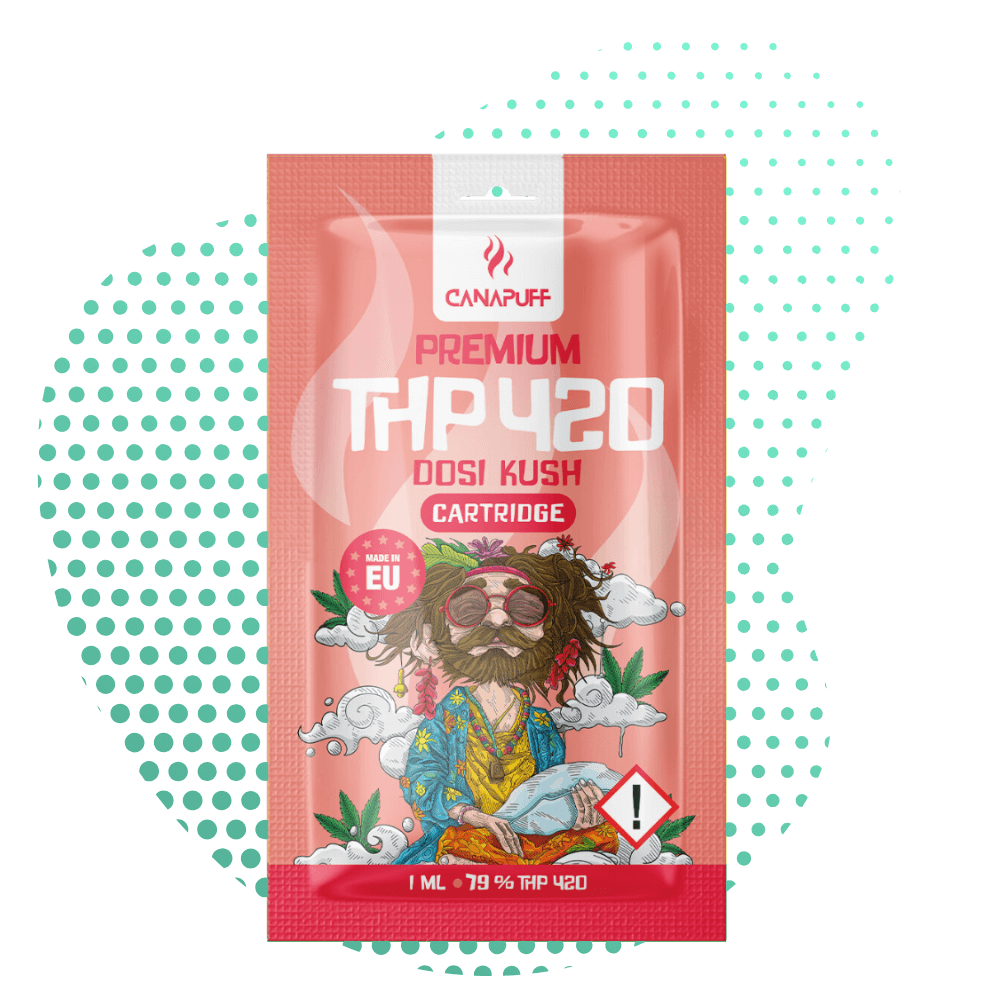


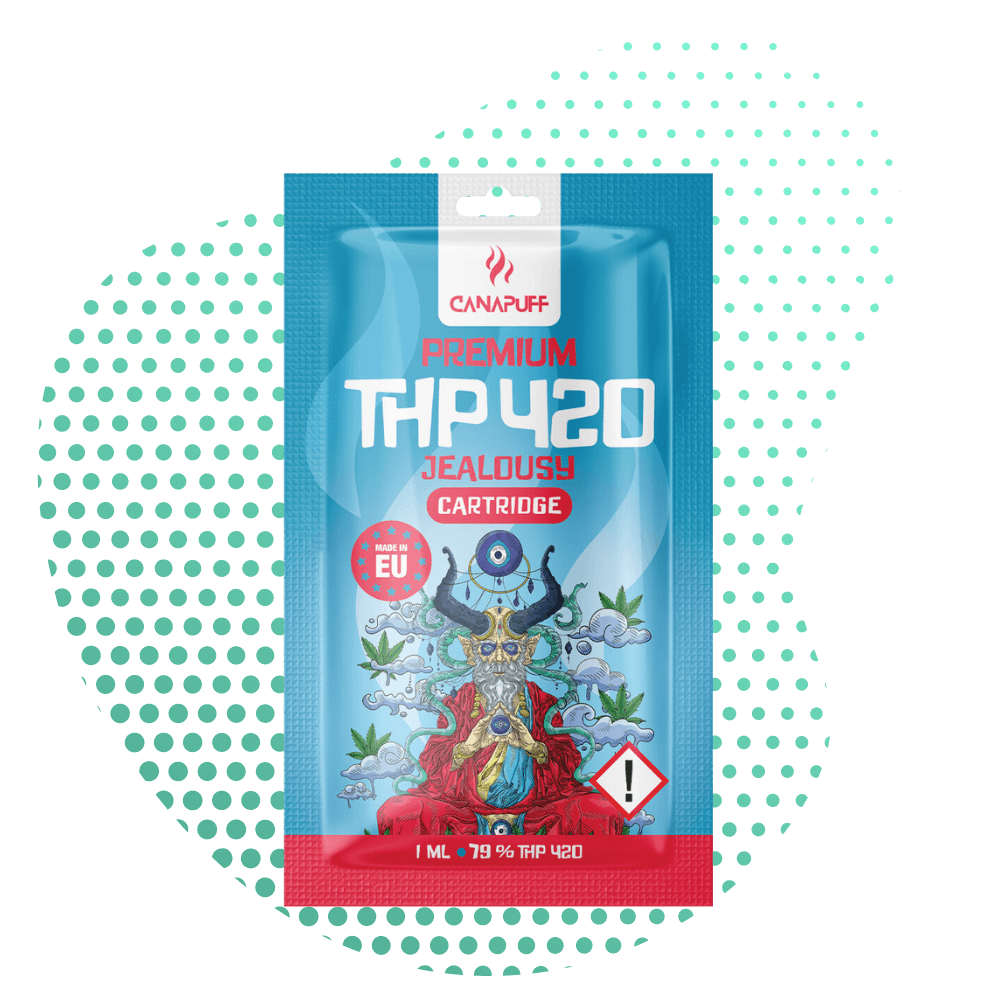


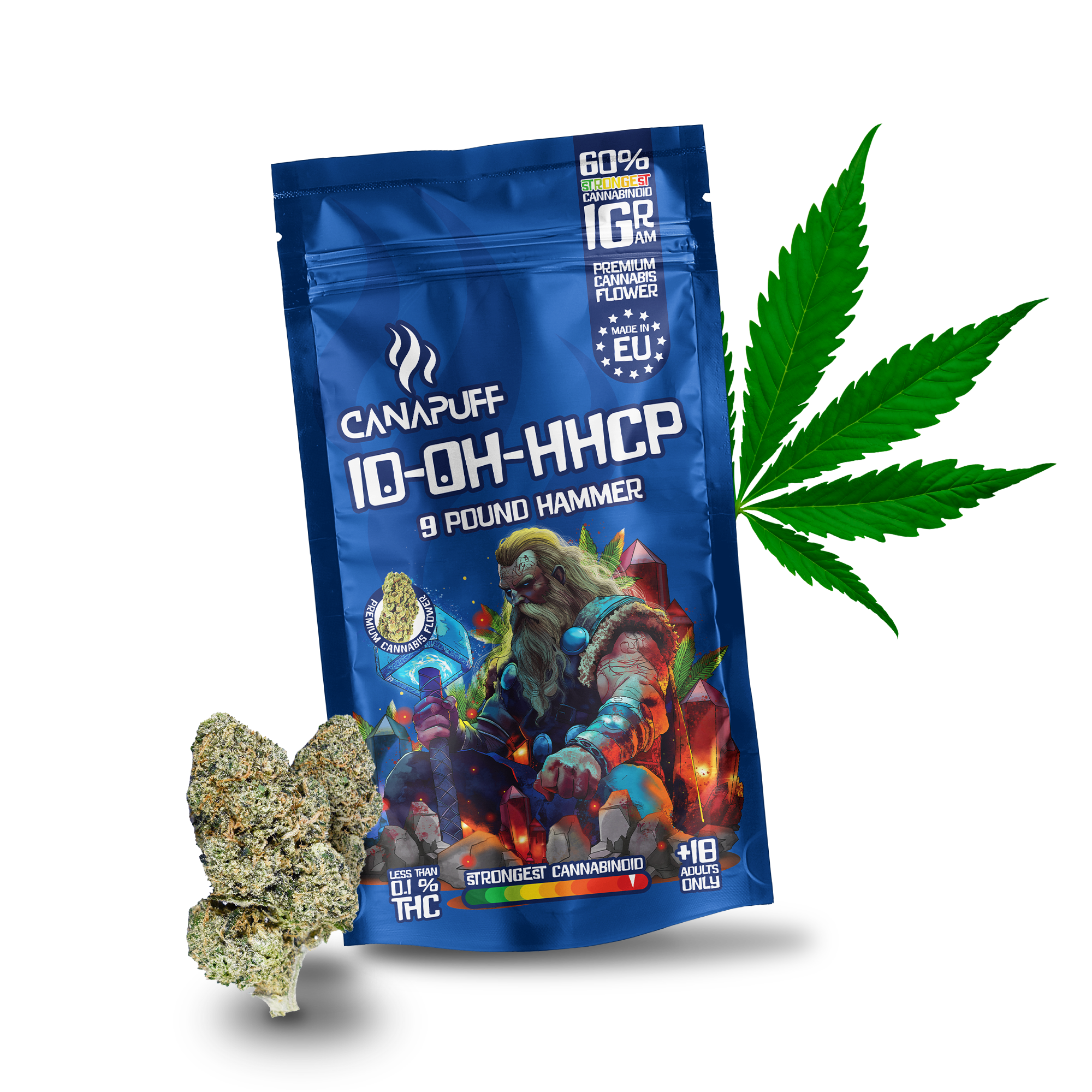
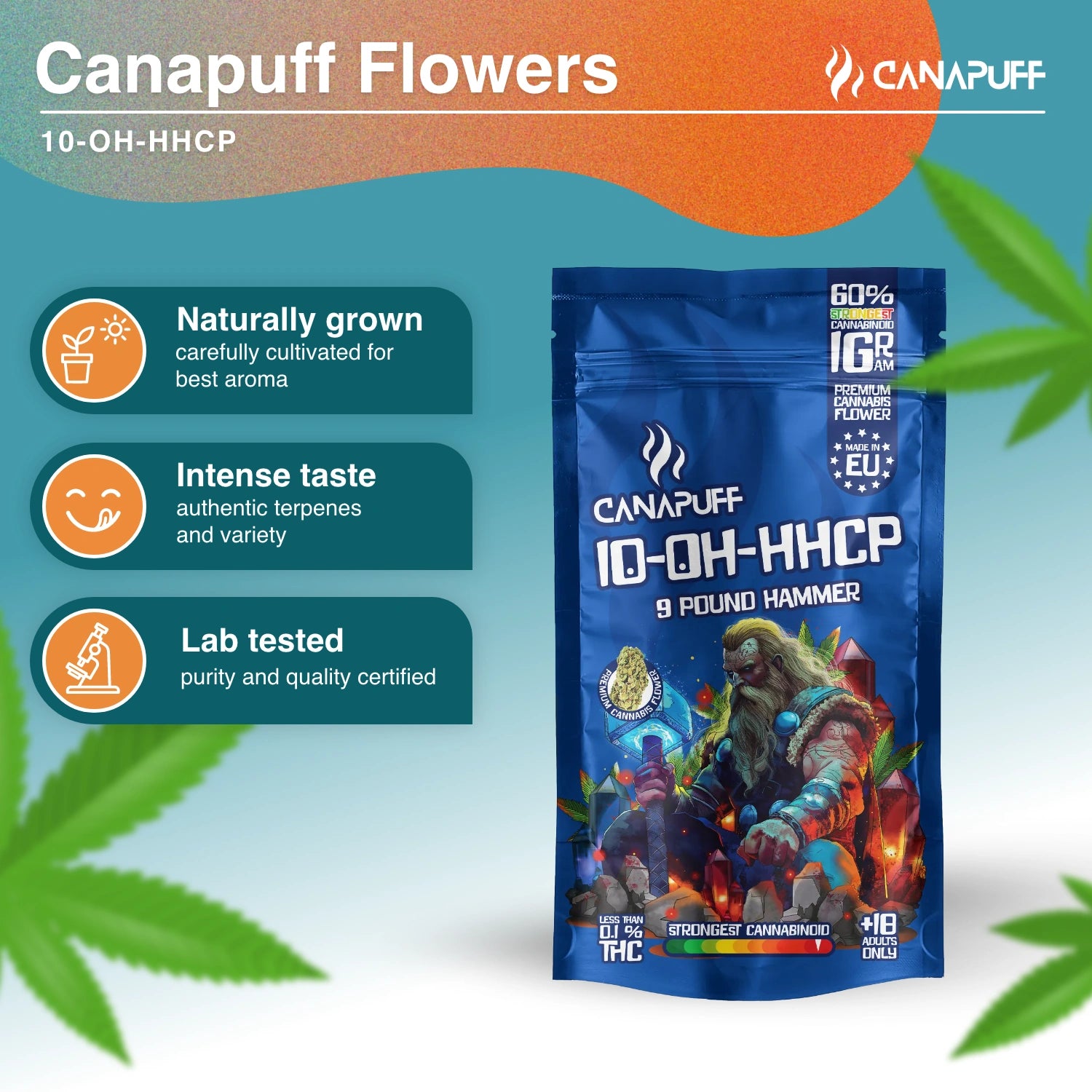
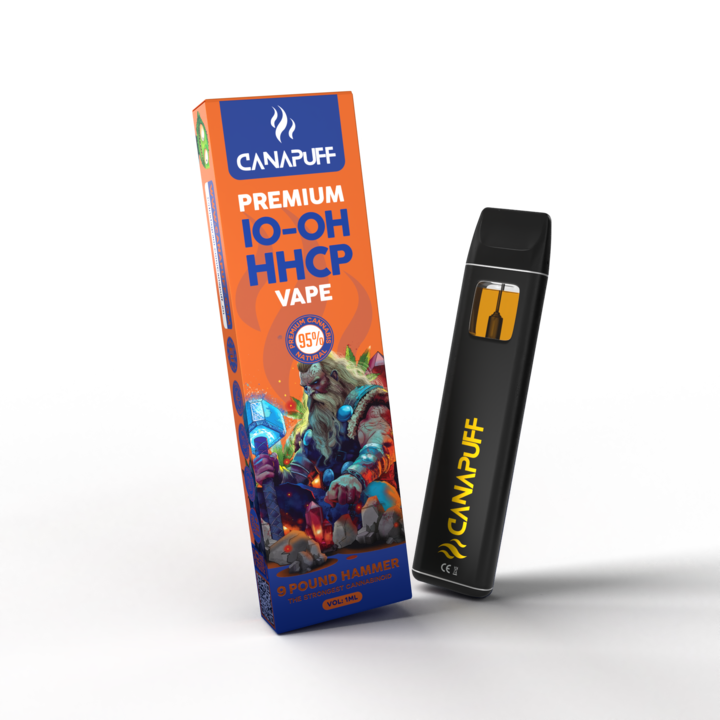
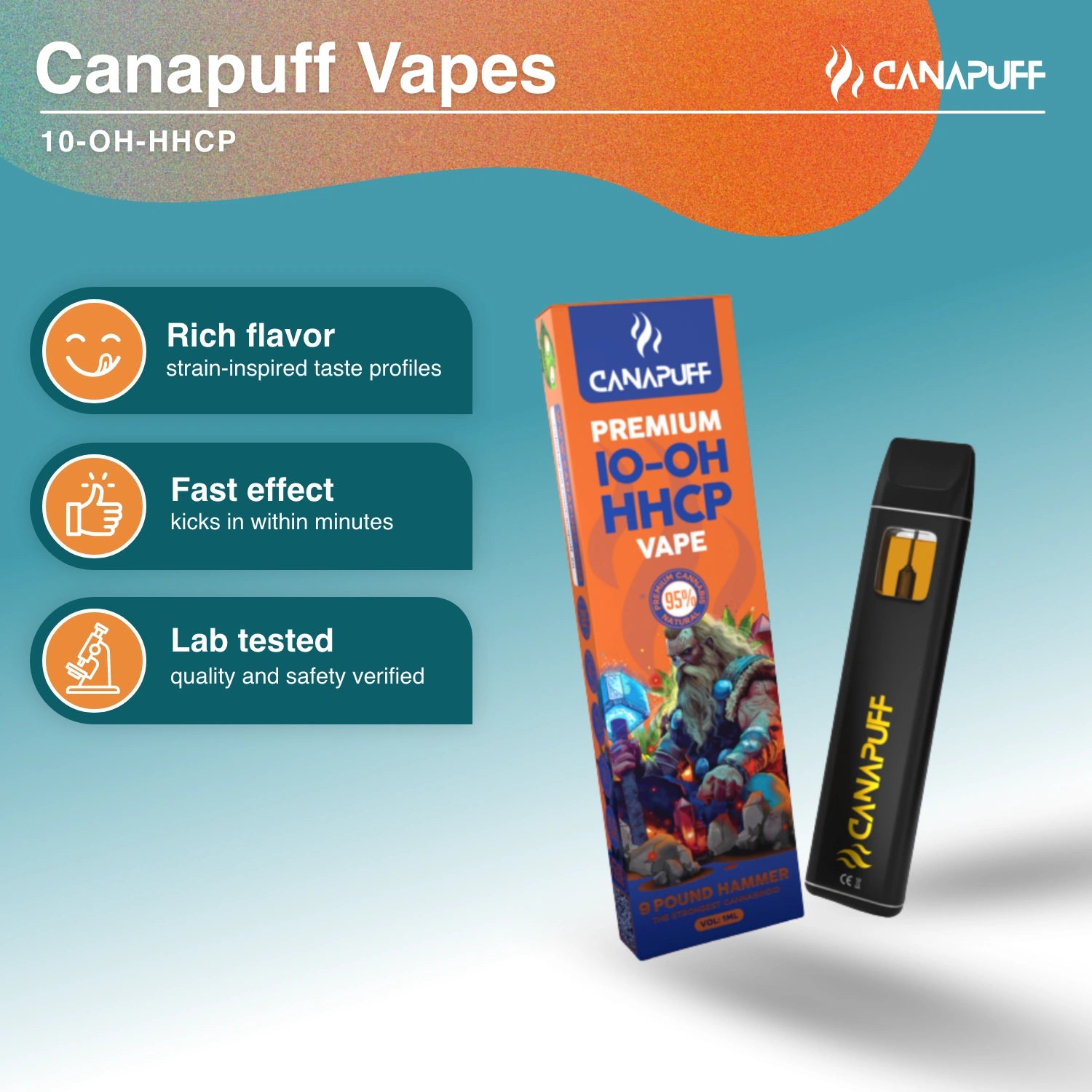
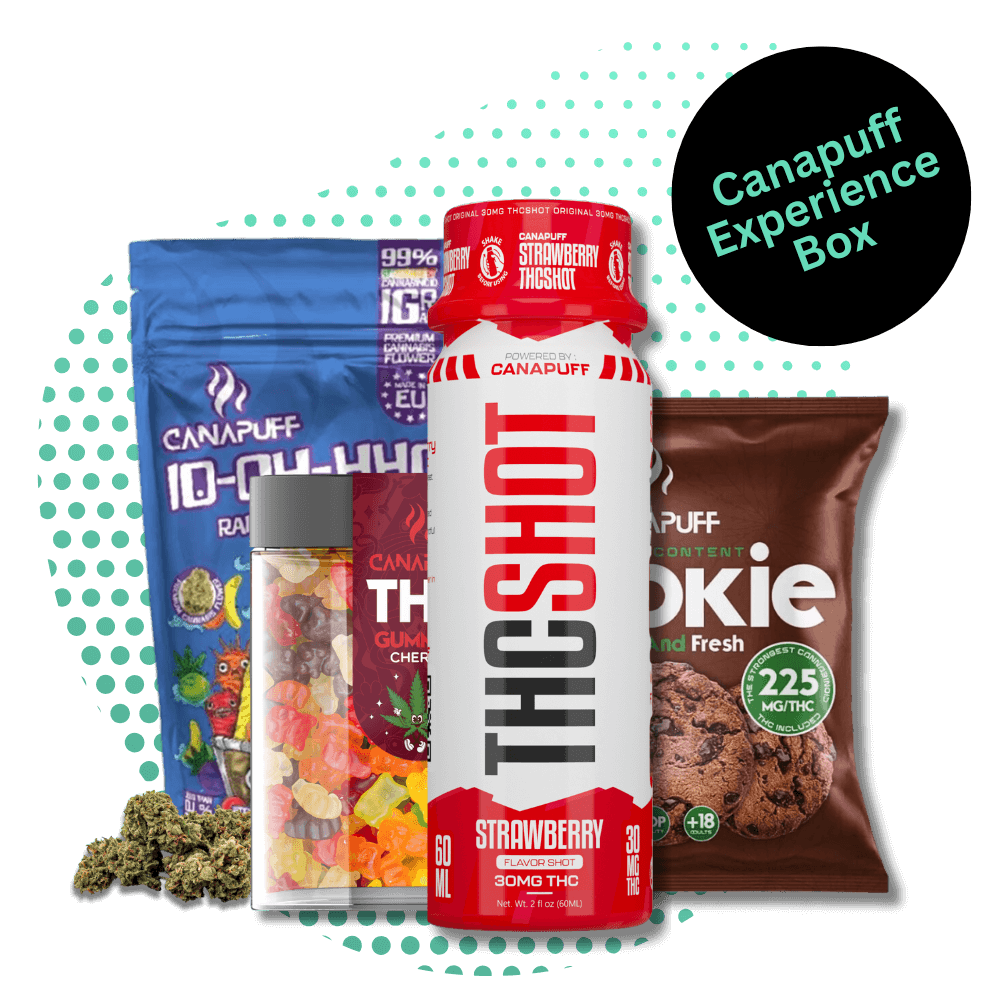


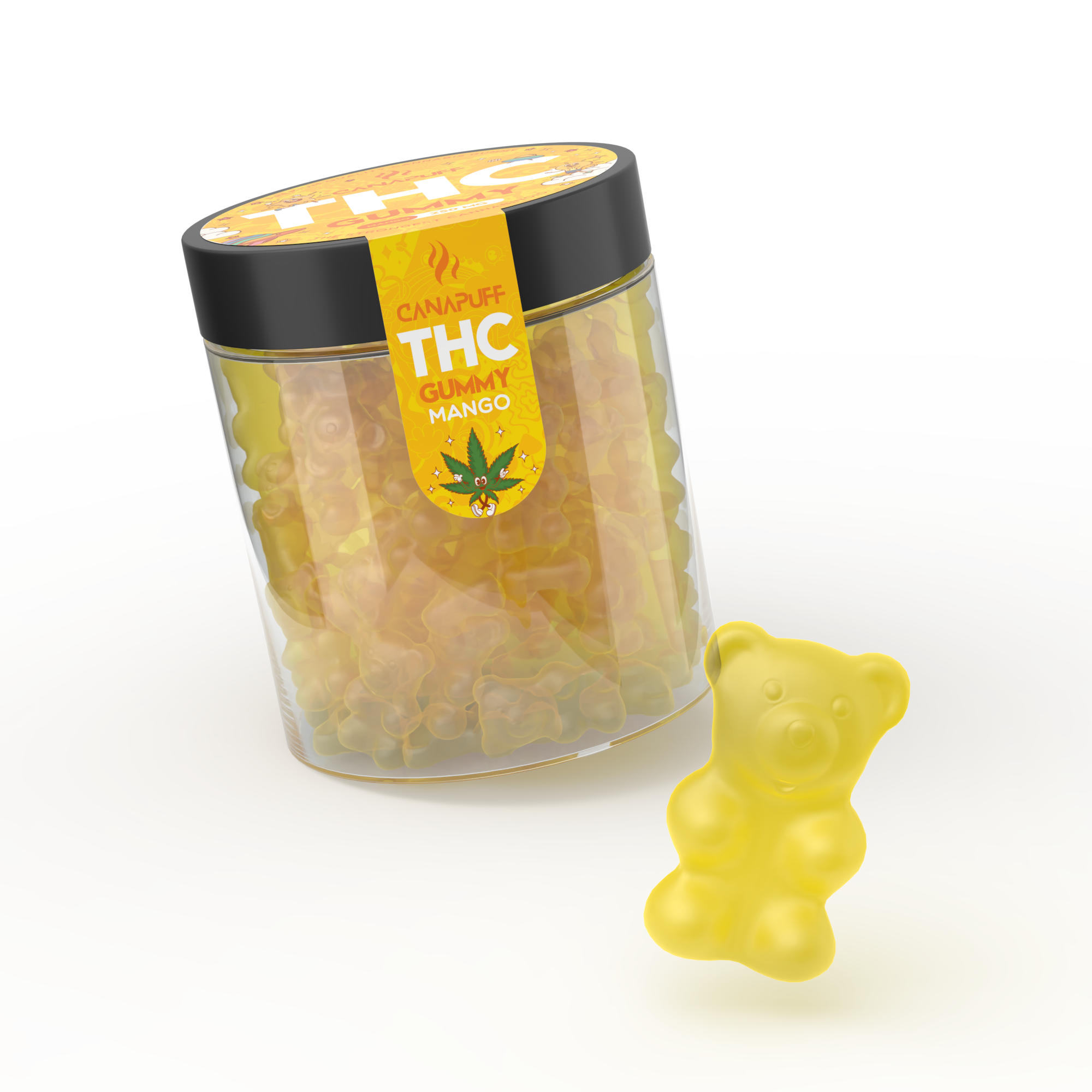



Залишити коментар
This site is protected by hCaptcha and the hCaptcha Privacy Policy and Terms of Service apply.